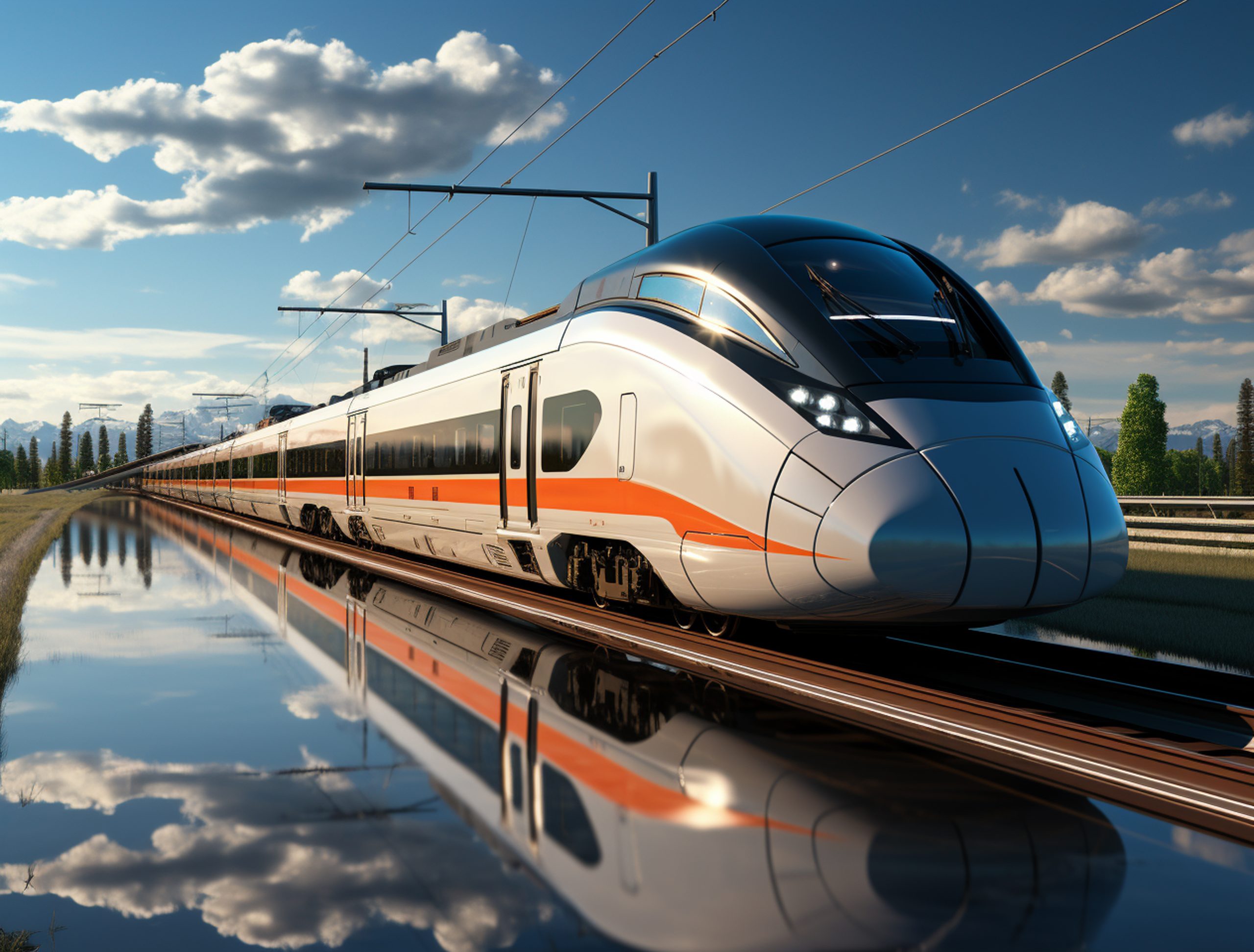India has achieved a significant milestone in its green mobility mission with the successful testing of its first hydrogen-powered coach at the Integral Coach Factory (ICF) in Chennai. The development was announced on 15 August by Union Railway Minister Ashwini Vaishnaw, who said the initiative marks a crucial step in India’s shift toward sustainable transport.
“First hydrogen-powered coach (Driving Power Car) successfully tested at ICF, Chennai. India is developing a 1,200 HP hydrogen train. This will place India among the leaders in hydrogen-powered train technology,” Vaishnaw shared in a post on X.
A Landmark in India’s Hydrogen Push
The prototype test forms part of Indian Railways’ “Hydrogen for Heritage” initiative, under which 35 hydrogen-powered trains are planned for deployment on heritage and hill routes across the country. Each train will cost an estimated ₹80 crore, along with ₹70 crore per route for infrastructure.
The flagship ₹136 crore project, which has now passed critical load tests, will begin service on the Jind–Sonepat route in Haryana. “The much-anticipated Hydrogen Trainset has successfully passed load tests and is progressing well. It will be rolled out shortly,” said U Subba Rao, General Manager, ICF.
The hydrogen DEMU (Diesel Electric Multiple Unit) will initially operate two round trips daily over 356 km, carrying more than 2,600 passengers per day.
Technical Highlights
Power Source: Two 1600 HP diesel cars converted to hydrogen fuel cell systems
Hydrogen Storage: 220 kg per power car in 350-bar high-pressure cylinders
Fuel Cells: Hydrogen reacts with oxygen to produce electricity, emitting only water vapour
Refuelling Facility: 3,000 kg hydrogen station built in Jind, meeting PESO safety standards
Safety Features: Leak detectors, flame sensors, pressure relief systems, and fire suppression. Safety validated by TÜV SÜD (Germany) and advanced CFD studies
ICF Chennai partnered with Medha Servo Drives (Hyderabad) to integrate converters, motors, and control systems. All components have passed in-house validation.
Indo–German Collaboration on Safety
Germany’s TÜV SÜD, a global leader in safety audits, is conducting a third-party assessment of India’s hydrogen train. This involvement reflects Germany’s pioneering role in hydrogen mobility — it was the first country to introduce hydrogen-powered passenger trains into commercial service.
The Alstom Coradia iLint debuted in Lower Saxony in 2018, proving that hydrogen trains are both practical and eco-friendly. Since then, Germany has expanded hydrogen rail routes, cutting diesel use and carbon emissions. India’s adoption, supported by German expertise, marks an important Indo–German connection in clean transport innovation.
Part of India’s Wider Hydrogen Transition
Hydrogen-powered rail is part of India’s broader clean-energy agenda. In 2024, Union Petroleum Minister Hardeep Singh Puri unveiled a hydrogen bus developed by Indian Oil during Bhutanese Prime Minister Tshering Tobgay’s visit, showcasing India’s growing hydrogen ecosystem.
Though operating costs of hydrogen trains are expected to be higher initially, they are likely to reduce as deployment scales. Beyond economics, hydrogen fuel promises zero carbon emissions, making it a central piece of India’s climate and energy transition strategy.
Setting the Track for the Future
India now becomes the fifth country — after Germany, France, Sweden, and China — to introduce hydrogen-powered trains. The Jind–Sonepat service will serve as a blueprint for future expansion across India’s diverse terrains, reducing dependence on imported fuels and offering a replicable model for other nations.
As Minister Vaishnaw emphasized, India’s hydrogen rail initiative positions the country firmly in the global race toward sustainable transport — with a valuable Indo–German partnership ensuring its safety and reliability.



